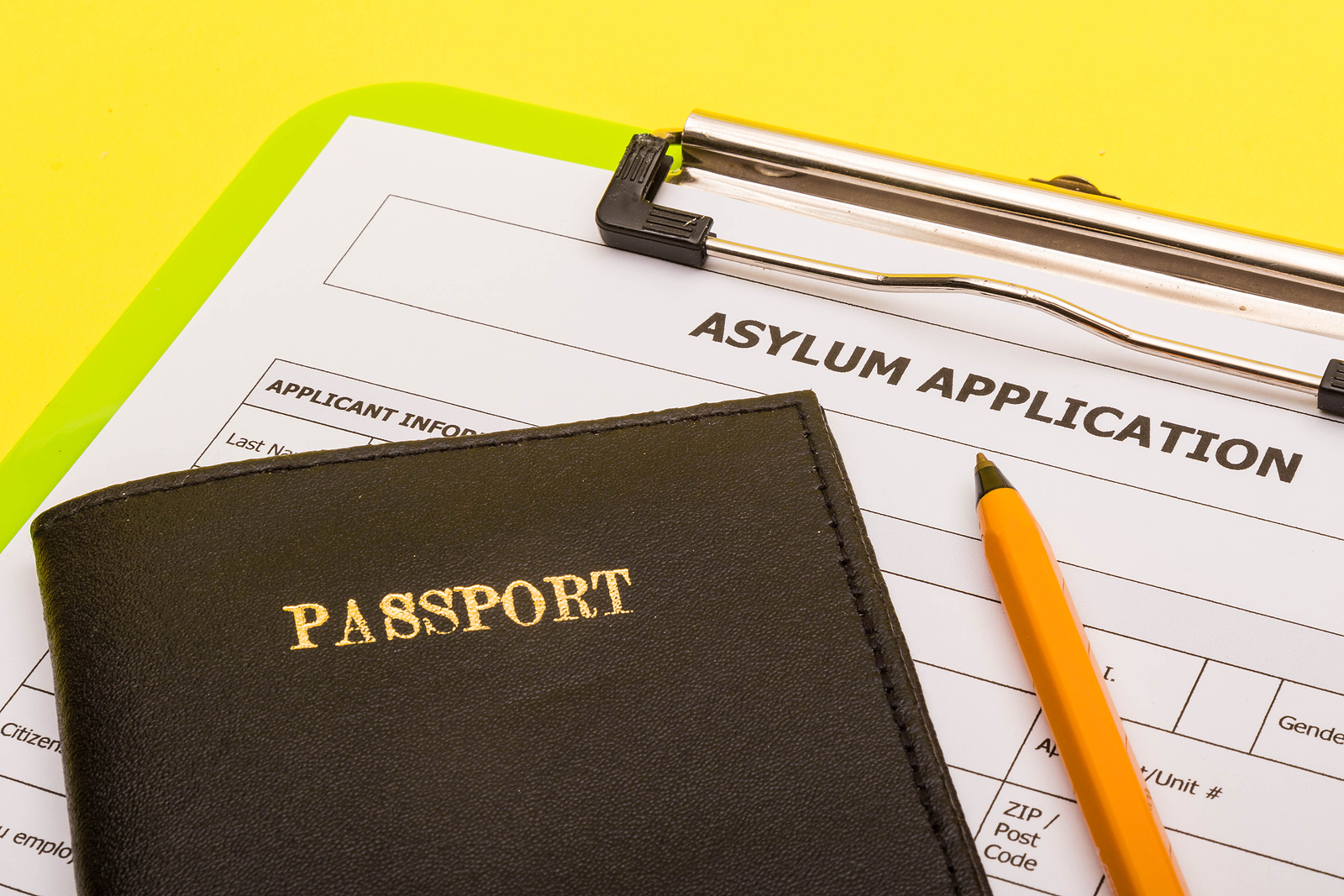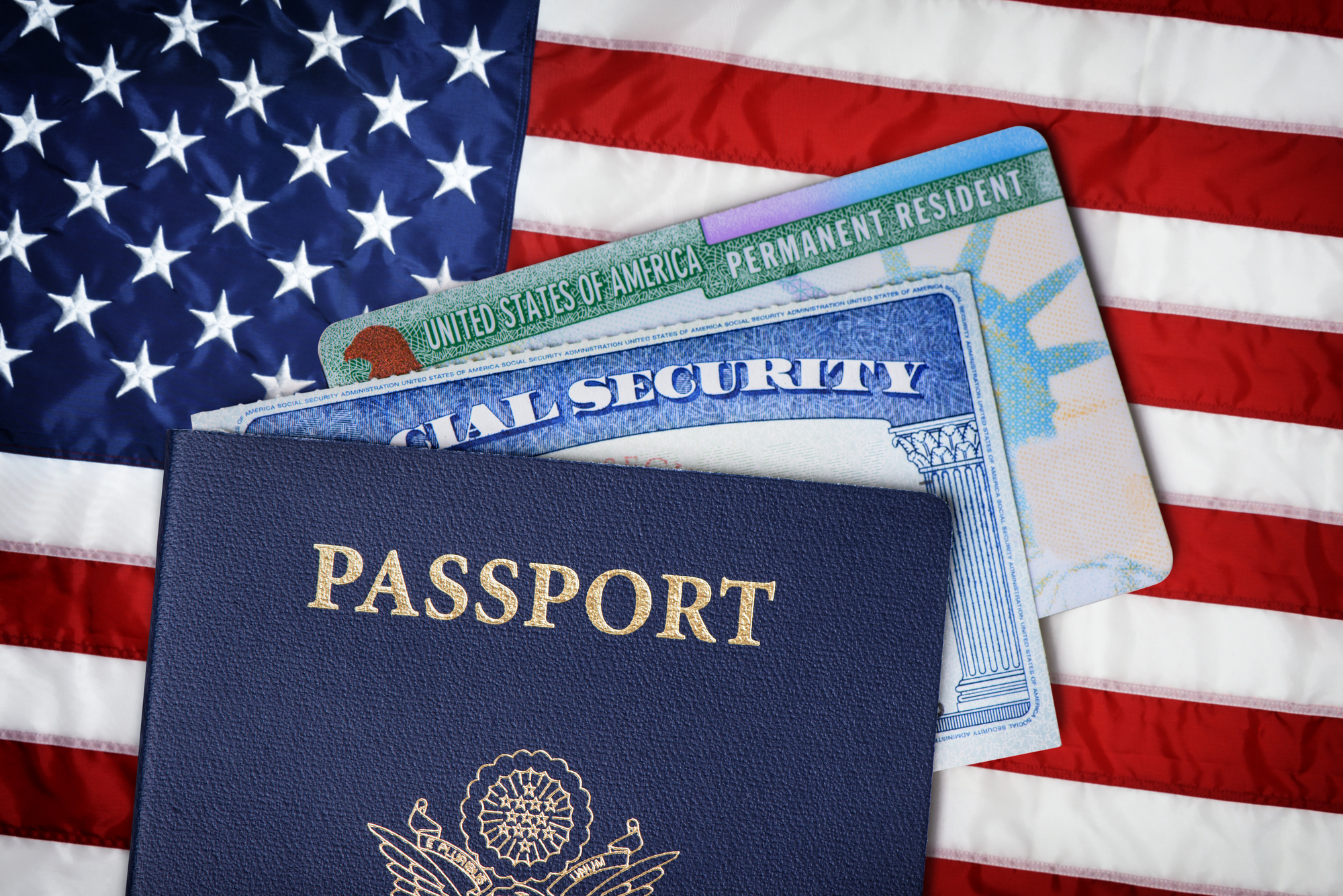How Do I Deal with a K-1 Visa Denial?
After all the time and effort you and your future spouse spent applying for a K-1 visa (often called a fiance visa) to begin your life together in the United States, it can be frustrating and disappointing to find out that your application has been denied. However, it’s important to remember that most visa processes are long and complicated. Application denials don’t have to be the end of the road for you and your future spouse.
There are options you can take regarding what to do next to continue towards your goal of bringing your future spouse to the United States to get married. What you choose to do depends on several things.
What is the Difference Between a K-1 Visa and a Standard Marriage Visa?
Knowing the difference between the K-1 fiance visa and other marriage visas is the most important distinction for future options. The average marriage visa aims to get a visa for a spouse from another country who has already married a U.S. citizen.
However, with a K-1 visa, the two parties have not yet married. They have plans to be married, and the K-1 visa is needed for the future spouse who does not live in the U.S. to come for a short time to get married legally. Then, once they are married, they can apply for permanent residence. Because the status of marriage is different in each case, the options for how to proceed are also different.
Why Do K-1 Visa Applications Get Denied?
While there are many reasons why they could reject your visa application, there tend to be a few common causes.
Ineligibility of One Party
The simplest explanation for a denial is that one of the two parties seeking the visa is still in a marriage with someone else. That makes them ineligible for this type of visa. If neither is married any longer, but there is questionable evidence that the previous marriage has ended, that could be the reason for the denial.
No Proof of In-Person Meeting Between Potential Spouses
One requirement for a K-1 visa is that the two people planning to be married have met previously in person. If that hadn’t happened, it would have led to a denial. It’s also possible that a meeting could have happened, but there isn’t sufficient proof of the meeting.
Sponsor Does Not Meet Income Requirements
The government has financial requirements that the U.S. party in the relationship must meet to be eligible for the K-1 visa. The visa will be denied if that financial threshold has not been met. Similarly, the visa will be rejected if the party meets the monetary threshold but does not provide sufficient documentation and proof.
No Evidence of Preparation to Get Married Within 90 Days
One of the primary requirements for a K-1 visa is the clear intent of the potential spouses to get married within the 90-day period that the visa provides. If it is clear that the couple does not have the ability or plan to be married within that window, that can lead to a denial.
Question About the Nature of the Relationship
The unfortunate truth is that many people pretend to be in relationships to get visas for people who have no intention of being together. Much of the immigration and visa process is about weeding out people trying to exploit the system. If anything about the application, answers, or evidence gives the impression that the couple is not genuine, that can also lead to a denial.
What Options Do I Have with a Denied K-1 Visa Application?
If your K-1 visa has been denied, you have only three primary options. Each option has its own specific process and its own advantages and disadvantages.
Get Married in a Foreign Country
This may seem like a drastic decision, as well as potentially complicated and expensive, but it is a good option. Once you are married in another country, you are removed from potential K-1 visa status. In this case, you would switch from a K-1 status to a CR-1 status, seeking permanent residence for your current spouse.
Appeal the Denial Decision
A good option for some applicants is appealing the decision. While this does not always work, and there is a fee, it can be a good decision to expedite what might be inaccurate or incomplete information. The appeal is an excellent option if you are confident that a simple clarification could fix the denial properly.
Reapply for the Visa
The final option is simply to reapply for the K-1 visa. These options essentially go back to the process’s beginning and start over. The bad news is that you must take all the steps again, which can be time-consuming and frustrating. The good news, however, is that you have done them before, so you will know what you are doing. In addition, you likely now have information about what went wrong with the previous application, so you know how to fix it.
Do I Need an Attorney to Fix My K-1 Visa Application Denial?
Like many other immigration processes, the K-1 visa denial process can happen without the help of an attorney. However, in full disclosure, there are reasons why getting help from an attorney is advisable.
Aside from the extensive knowledge and experience that a skilled immigration attorney like the team at Buitrago Law Firm PA provides, they can also be an invaluable resource for answering questions and looking for potential problems throughout the process. They can also be a coach when preparing for interviews.
Rather than go through this complicated process alone, call the Buitrago Law Firm PA team at 866-519-3545 so we can help you take the next steps with your K-1 visa denial and get closer to the result you want.

 Call Us Now Existing clients
Call Us Now Existing clients
 Email Us Now
Email Us Now



